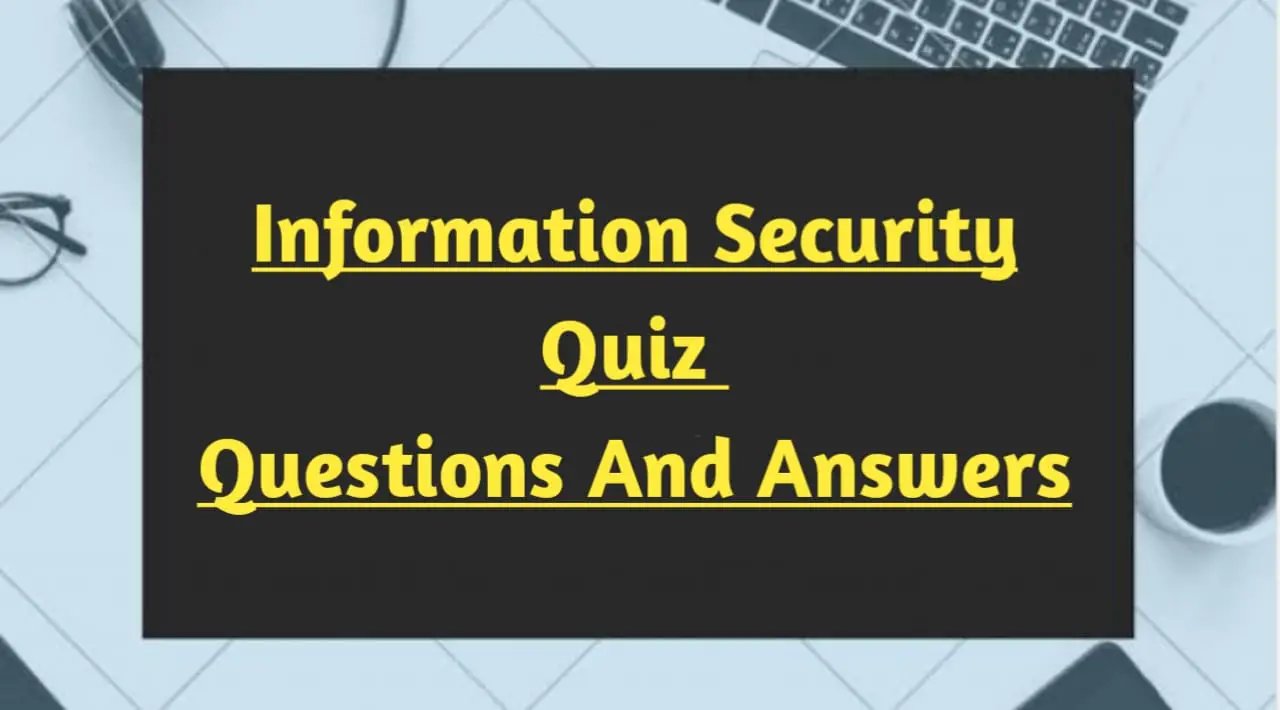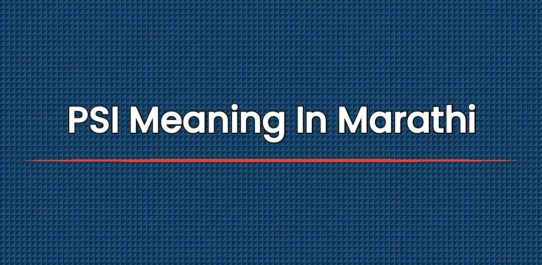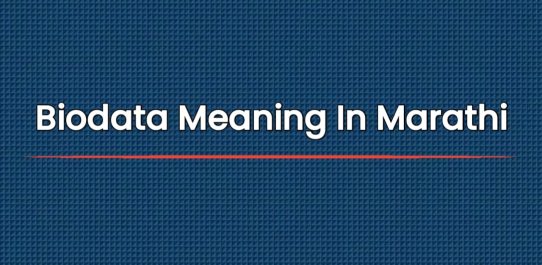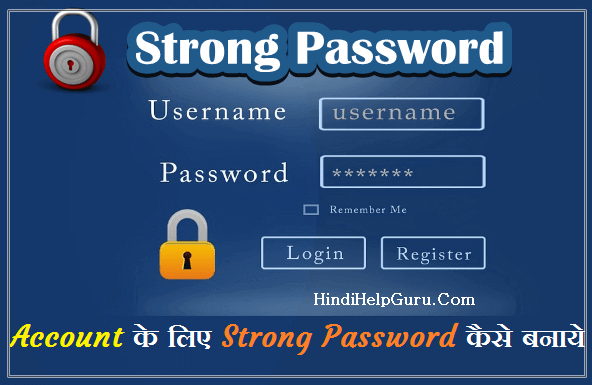Information Security Quiz Questions And Answers PDF Download
In today’s digital age, where data breaches and cyberattacks are becoming increasingly common, staying informed about information security is crucial. Whether you’re an individual looking to protect your personal information or a business owner safeguarding sensitive data, understanding the fundamentals of information security is vital. This article will provide you with a comprehensive set of information security quiz questions and answers to test your knowledge and enhance your understanding of this critical subject.

Introduction
Information security is the practice of protecting data from unauthorized access, disclosure, alteration, or destruction. It encompasses various strategies, technologies, and best practices aimed at safeguarding information from cyber threats.
Why Is Information Security Important?
Effective information security is crucial for several reasons:
- Protecting Privacy: Information security ensures the confidentiality of sensitive data, such as personal and financial information.
- Maintaining Trust: Businesses that prioritize information security earn the trust of their customers and partners.
- Compliance: Many industries have regulatory requirements that mandate information security measures.
- Preventing Financial Loss: Data breaches can result in significant financial losses due to legal costs, fines, and reputation damage.
Foundations of Information Security
3.1 What is Information Security?
Information security is the practice of protecting information from unauthorized access, disclosure, alteration, or destruction. It encompasses various strategies and measures to keep data safe.
3.2 Types of Data Threats
Data threats can be categorized into:
- Confidentiality Threats: Risks related to unauthorized access.
- Integrity Threats: Risks related to unauthorized changes to data.
- Availability Threats: Risks related to data being unavailable when needed.
Basic Principles of Information Security
4.1 Confidentiality
Confidentiality ensures that only authorized individuals can access sensitive information. This principle is upheld through access controls and encryption.
4.2 Integrity
Integrity ensures the accuracy and reliability of data. It involves measures to prevent unauthorized alterations or tampering with information.
4.3 Availability
Availability ensures that data is accessible when needed. This principle involves backup systems and redundancy.
Cybersecurity Best Practices
5.1 Strong Passwords
Using complex, unique passwords for each account is crucial. Password managers can help individuals keep track of their passwords securely.
Also Read This : Maths Riddles With Answers
5.2 Two-Factor Authentication (2FA)
2FA adds an extra layer of security by requiring users to provide two forms of identification before granting access to an account.
5.3 Regular Software Updates
Updating software and applications regularly is essential to patch security vulnerabilities that cybercriminals may exploit.
Common Cyber Threats
6.1 Phishing Attacks
Phishing attacks involve tricking individuals into revealing sensitive information, often through fraudulent emails or websites.
6.2 Malware
Malware includes viruses, ransomware, and other malicious software designed to harm or gain unauthorized access to computer systems.
6.3 Social Engineering
Social engineering attacks manipulate individuals into divulging confidential information through psychological manipulation.
Incident Response
7.1 Identifying a Security Incident
Recognizing a security incident is the first step in mitigating its impact. Signs include unusual system behavior or unauthorized access.
7.2 Steps to Take After a Data Breach
In the event of a data breach, organizations should follow a defined incident response plan, including notifying affected parties and authorities.
Information Security Quiz
Now, let’s test your knowledge with a few information security quiz questions:
8.1 Quiz Question 1
What is the primary goal of information security? A) Protecting data from unauthorized access B) Maximizing data availability C) Encouraging data sharing
8.2 Quiz Question 2
Which principle of information security ensures data accuracy and reliability? A) Confidentiality B) Integrity C) Availability
8.3 Quiz Question 3
What is a common example of a social engineering attack? A) Phishing B) Installing antivirus software C) Regular software updates
Conclusion
In a world where information is a valuable asset, understanding information security is paramount. By grasping the concepts and best practices outlined in this article, you are better equipped to protect yourself, your organization, and your data from the ever-evolving landscape of cyber threats.
Frequently Asked Questions (FAQs)
Q1: How often should I change my passwords?
A: It’s recommended to change your passwords regularly, ideally every three to six months.
Q2: What should I do if I suspect a data breach?
A: If you suspect a data breach, immediately notify your organization’s IT department or follow your incident response plan.
Q3: Is two-factor authentication necessary for all accounts?
A: While it’s not mandatory for all accounts, using 2FA wherever possible enhances your security.
Q4: How can I recognize a phishing email?
A: Look for signs like suspicious sender addresses, unexpected attachments, and urgent requests for personal information.
Q5: Are information security certifications valuable?
A: Yes, certifications like CISSP and CISM demonstrate expertise and can enhance your career in cybersecurity.
Click Here To Download PDF For Free








